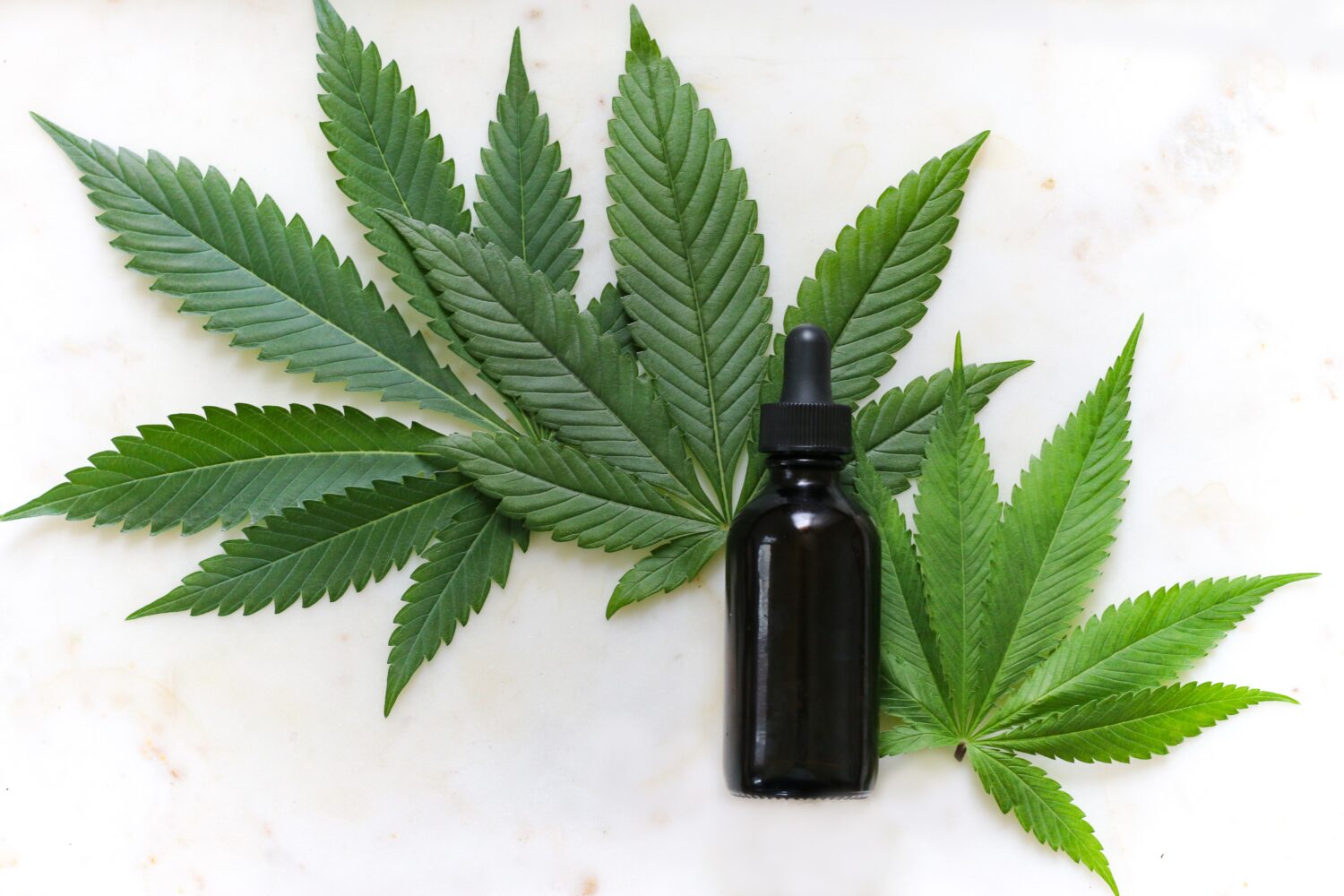A new study aiming to explore the efficacy of CBD as a treatment for crack use disorder found that people who took the cannabinoid had better health outcomes and fewer adverse health events compared to those who took more conventional pharmaceutical treatments.
“The main implications of this study point to CBD as a powerful and promising therapeutic tool for people with CUD,” says the report, published this month in the International Journal of Mental Health and Addiction. “CBD seems to mitigate the primary symptoms reported by the participants, such as lack of appetite, difficulty in reducing crack use, and the feeling of poor health. In addition, CBD stands out primarily for presenting mild adverse events, the main complaints associated with the use of usual psychotropic drugs.”
The study, a double-blind randomized controlled trial, compared CBD to three drugs commonly used in crack use disorder treatment: fluoxetine, valproic acid and clonazepam.
“CBD is a safe/tolerable product that presented significantly fewer adverse events compared to the control group,” authors concluded. “The CBD group performed better in more parameters than the control group, reducing crack use, not reducing food intake due to crack use, and greater improvements in self-rated health.”
Participants were adults 18 to 65 in Brazil who had used crack regularly for the past year, used at least 20 times within the past month and had a desire or intention to treat their use disorders. While many participants were polydrug users, crack was their “primary drug,” according to both participants themselves and the study team.
All told, 25 people completed the study—15 in the CBD group and 10 in the control group, which was given the more conventional treatment. Most of the 90 people who initially met eligibility criteria did not return to complete the full protocol.
Among those who did complete the full study, “no significant differences in the reduction of crack use” were seen between the control and CBD groups, indicating that the two treatments may be similarly effective. Likewise, no significant differences were observed between the two groups in terms of self-reported cravings for crack.
CBD’s side effects, however, were far gentler than conventional treatment.
“There were significant differences between the CBD group in comparison to the control group,” researchers noted, “with fewer episodes in the CBD group regarding diarrhea, constipation, nausea, dizziness, memory impairment, low concentration, tremor, ataxia, and nasal congestion.”
Fewer adverse effects from CBD could mean participants are more likely to remain in treatment, researchers noted.
Side effects from pharmaceutical treatments can be so uncomfortable, the team wrote, that they “end up contributing to low adherence to treatment of people with CUD in health services, which would favor broad access to CBD.”
The 22 authors behind the new study represent academic and official institutions in Brazil, including various departments at the University of Brasília, the Brazilian Federal District’s secretary of health and forensic institute and the Federal University of São Paulo.
They explained that it’s “difficult to outline the mechanism of action” behind CBD because the cannabinoid “has a broad spectrum of pharmacological properties that affect multiple targets.”
On the other hand, “the multiple-target action seems important for performing a wide range of therapeutic properties,” they continued. “CBD decreases endocannabinoid receptor signaling and inhibits fatty acid amide hydrolase, which may reduce craving and decrease relapse rates in people with CUD.”
Future research, the team said, should focus on increasing the sample size of similar trials and instituting more rigorous screening and monitoring of participants.
“In addition, by reducing stress and environmental factors while improving emotional regulation, implementing strategies to support these individuals, and using other cannabinoid compositions (e.g., full-spectrum CBD and/or THC), these effects may be enhanced,” they said. “If so, this would be an important advance in the pharmacological treatment of stimulant use disorders.”
Past studies have looked at cannabinoids as possible treatments for stimulant use disorders, with most focusing on cocaine or amphetamine use.
A 2020 meta-study of 14 studies in animal subjects consuming cocaine, for example, found that CBD appears to have a multitude of effects that mitigate addictive behaviors.
While not all of the studies under review were consistent with one another, and the researchers emphasized the need for human trials, authors of that research said the animal studies generally indicated that CBD can reduce self-administration of cocaine and many symptoms of addiction.
A 2019 study out of Spain similarly concluded that CBD is “a promising candidate” for stimulant abuse disorders involving cocaine, amphetamine and methamphetamine. (Full Story)

